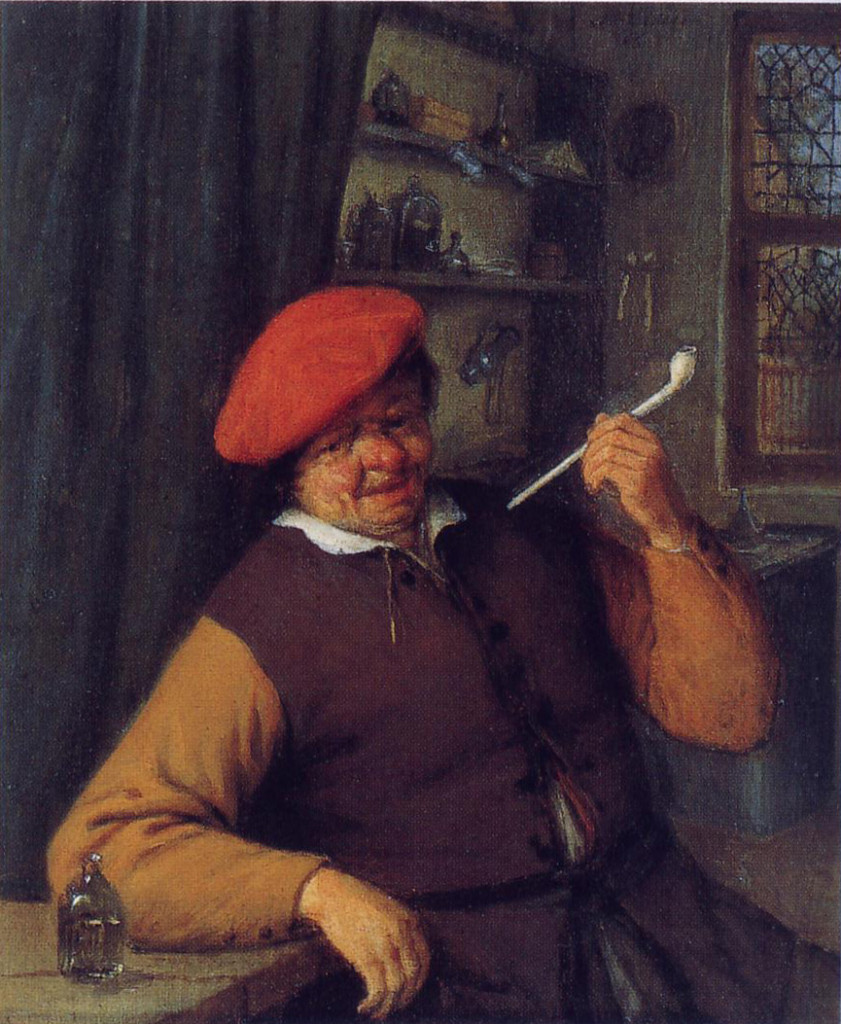People will stick with cigarettes, which, although more harmful than the alternative, will bring more taxes into the state coffers.
After three years, tobacco tax increases are back on the table. In English, it is known as the “sin tax”. Similar to the tax on alcohol or beer. The public perceives these taxes as a way for consumers of addictive substances to ‘pay’ for their sins.
The truth is that smokers pay a lot. One pack a day means € 2.2 a day; a smoker pays the equivalent of 50 per cent of the health levy on the average wage in tobacco tax for a month.
Nevertheless, this tax was neither created for health reasons nor to discourage smokers to give up the habit. Their mission is to fill the state coffers, and so they end up in fighter jet purchases, overpriced highways, teachers’ salaries, and only a very small part of it goes to the health system in the form of levies on behalf of the state’s insured.
Meanwhile, the tobacco tax generates more than € 750 million a year, and if it were actually a revenue stream for insurance companies, they would have almost a fifth more resources. However, this is not happening.
In the proposal for higher tax rates, there is no justification for increasing the rate. There is no reference to any analysis showing that the consumption of health care by smokers has increased and that, therefore, the 50 % penalty must be increased. The tobacco tax accounts for a steady 6 to 7 per cent of state budget revenue, and the rate increases serve to keep that percentage from falling.
Smokers are out of luck in this respect. Thanks to the strength of the habit, they are usually not deterred by a rate rise. The Ministry of Finance notes that “when rates were raised for 2017, cigarette consumption increased by 6 percent”. The public perception of smokers is negative; there is no one to protest for them. Try to remember when the rates on alcohol or beer were changed. Or try to imagine the piles of rotting wine grapes in front of the ministry when the proposal to tax wine, which is completely exempt from excise duties, appeared.
The level of excise tax rates today is the result of the budgetary needs of the Government, and it is looking for the easiest way. The proposed increase in tobacco tax is expected to bring in a respectable € 100 million.
Unfortunately, this hundred-year-old pragmatic approach has lost touch with the present. The nicotine market has experienced a figurative “earthquake” in the last ten years. New methods of consuming it have appeared on the market that do not involve burning and inhaling the tar that is the main culprit in smoking.
The Public Health Service in England or the US FDA openly talk about electronic cigarettes or heated (smokeless) tobacco as alternatives that reduce the risk of negative health effects for nicotine addicts. They do not see them as a safe alternative to smoking, but as a less harmful alternative, or as a transition station from smoking to abstinence.
The Ministry’s tax policy has thus been given a new dimension. It has added responsibility. By the way it sets the rates, it de facto influences whether the smoker harms himself and his surroundings more or less. The Ministry does not seem to have realized this fact yet. It is proposing to increase the rates for smokeless tobacco by more than 50 per cent, well above the V4 average, and in another two years the rate will rise again to the point where we will jump to fourth place in the EU.
Translating these taxes into prices will make this less harmful product a premium product. However, smokers are dominated by people on lower incomes. Waiters, shop assistants, car mechanics will ignore the more expensive product. They will stick to cigarettes, which, although more harmful, will bring more taxes into the state coffers.
For now, the rate increase proposal is in the comment procedure, hopefully on its way to the statute book this highly pragmatic approach will be modified.



